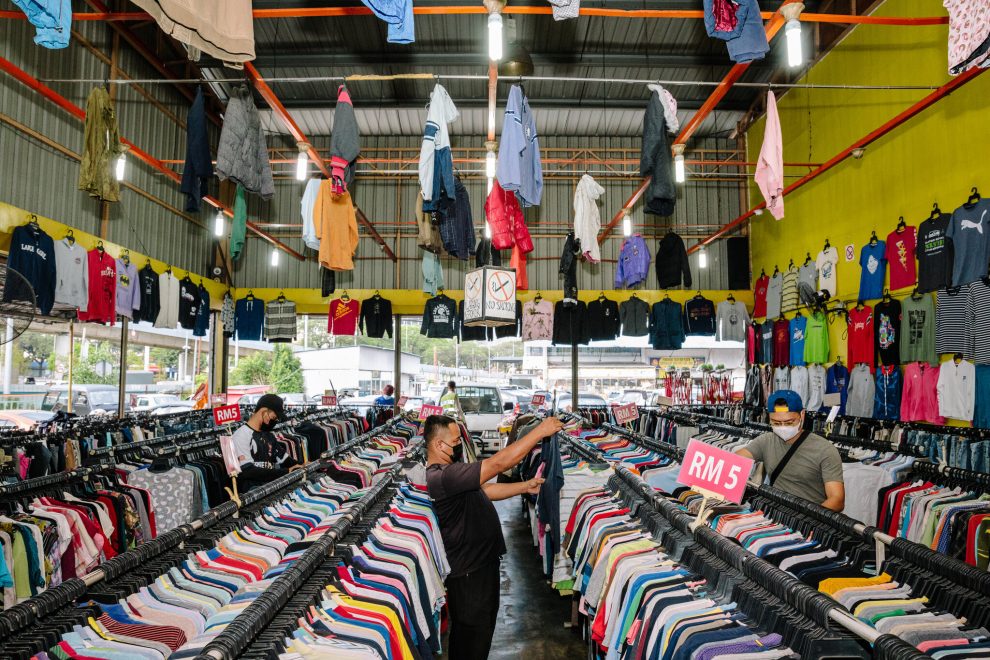TEMPO.CO, Jakarta – The number of secondhand clothes entering Indonesia in the past three years is averagely above 20 tonnes. Based on Trademaps data, in 2020, used clothes exported to Indonesia reached 24,040 tons. It increased in 2021 to 27,386 tons, and 25,808 tons in 2022.
“Based on the data we collected, the majority comes from Malaysia,” said the head of the Indonesian Textile Association (API) Jemmy Kartiwa Sastraatmaja in a press conference in Jakarta, Friday, March 31.
In the past three years, Malaysia has consistently been in the highest position of secondhand clothes exporter to Indonesia. In 2020, Malaysia sent 22,842 tons, and then 25,323 tons in 2021, and 24,544 tons in 2022.
However, the data was from the information recorded from the exporter country, and not Indonesian data on import. Based on Statistics Indonesia data, imported used clothes from Malaysia in 2020 were only 1.98 tons, while in 2021 at 0.60 tons and 1.65 tons in 2022. The difference in the data is suspected that the majority of secondhand clothes enter Indonesia illegally, so it’s not recorded.
In addition, second-hand clothes entering Indonesia are often actually donated clothes given for free. “The branded ones are not coming to us. What are sent to us are those that are no longer valuable,” Jemmy said, adding that not all of them are feasible to use.
As a result, there’s a waste problem, and “recycling is not easy and not cheap. If it’s easy, it must’ve been done in the developed countries,” Jemmy remarked.
The minister of cooperative and small business, Teten Masduki, also views the illegal secondhand clothes entering Indonesia as detrimental to the domestic textile industry, especially to the medium-scale ones. Therefore, he said that the policy to ban used clothes import was appropriate.
“We would like to protect and strengthen the domestic industry. This policy will create jobs that have been dead so far,” said Teten.
Source: Tempo































